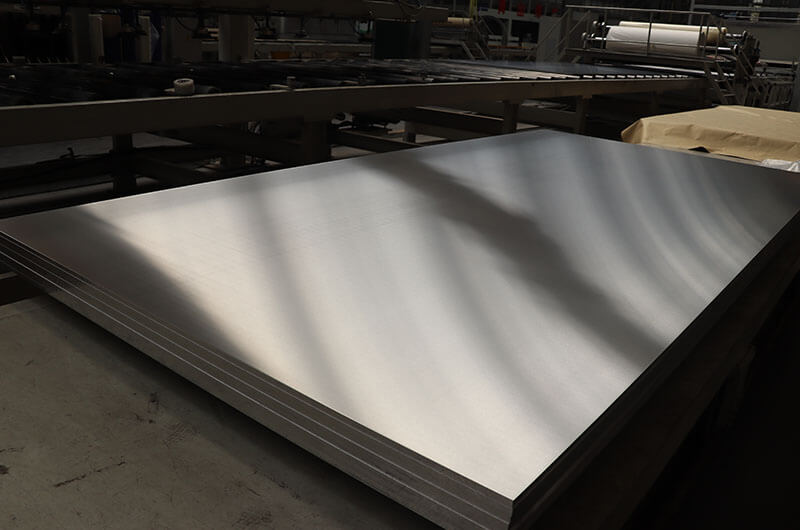The automobile industry relies heavily on automotive aluminum due to its lightweight, high-strength, and corrosion-resistant properties. This material is essential in the production of modern vehicles as it aids in improving fuel economy, reducing emissions, and enhancing safety.
The automotive industry frequently employs the 5754 aluminum sheet, a highly versatile material used in the manufacturing of various components. Notably, its exceptional properties make it an ideal choice for body panels, chassis, and engine parts.
The 5754 aluminum sheet, with its magnesium content, exhibits exceptional strength and durability. Its corrosion resistance makes it an excellent choice for automobile applications, particularly in areas exposed to challenging environmental conditions, such as the underbody and wheel arches. Furthermore, its robustness and endurance have made it a popular selection for safety-critical components, including crash structures. Its capacity to absorb energy in the event of an accident offers enhanced passenger protection.

Furthermore, the 5754 aluminum sheet offers convenient forming, welding, and machining properties, making it a popular choice among automotive manufacturers. Its adaptability to various shapes and sizes allows for its use in diverse parts of the vehicle, providing flexibility in design and production. This versatility in terms of formability extends its application range, enabling it to be used in a range of components, from small parts to large body panels.
Another benefit of the 5754 aluminum sheet is its cost-effectiveness. When compared to other types of aluminum alloys, it is relatively more affordable, making it a cost-effective choice for automobile manufacturers. Its affordability enables the use of larger quantities, thereby contributing to overall production cost savings.
In summary, the 5754 aluminum sheet stands as a crucial component in automotive aluminum due to its exceptional strength, durability, corrosion resistance, formability, and cost-effectiveness. Its utilization in the automotive industry is anticipated to continue to expand as manufacturers strive to produce lightweight, fuel-efficient, and environmentally friendly vehicles. As the demand for electric vehicles rises, the utilization of aluminum in the automotive industry is expected to surge even further, as it aids in reducing vehicle weight and enhancing range.